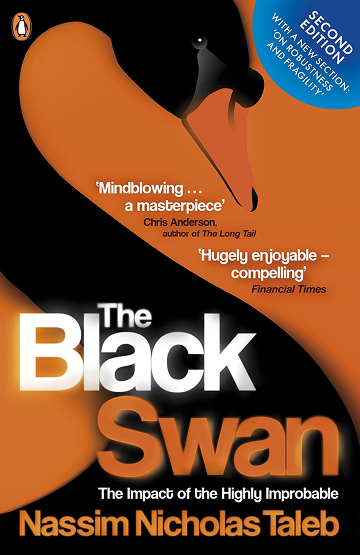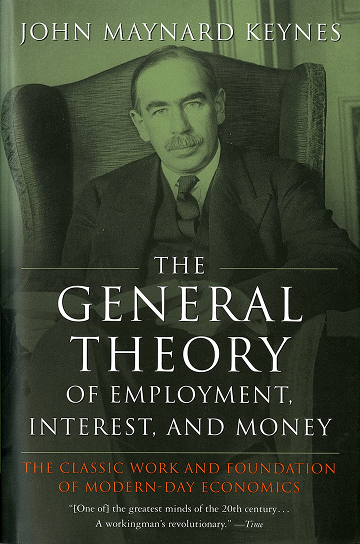Kwong Siu-hing Net Worth, Biography and Key Insights



Kwong Siu-hing’s Profile Summary
|
Company
|
Sun Hung Kai Properties |
|---|---|
|
Position
|
Former Chairperson (2008–2011) |
|
Source of wealth
|
Real Estate |
|
Also known as
|
Kwok Kwong Siu-hing |
|
Age
|
95 |
|
Education
|
Not publicly disclosed |
|
Citizenship
|
Hong Kong |
|
Residence
|
Hong Kong |
|
Family
|
Widowed; mother of three sons |
|
Website, Social Media
|
https://www.shkp.com |
Kwong Siu-hing’s biography
Kwong Siu-hing, born on December 2, 1929, in Huadu, Guangdong, China, is the matriarch of the Kwok family, one of Hong Kong's wealthiest and most influential families. In 1947, she relocated to Hong Kong, coinciding with the tumultuous period leading up to the Second Chinese Civil War. She married Kwok Tak-seng, the co-founder of Sun Hung Kai Properties (SHKP), one of Hong Kong's leading real estate developers. Following her husband's passing in 1990, the family's business operations were primarily managed by their sons, Walter, Thomas, and Raymond.In 2008, amidst internal family disputes and the ousting of her eldest son, Walter, Kwong Siu-hing assumed the role of chairperson of SHKP, despite having no prior experience on the boards of Hong Kong companies. Her leadership during this period was pivotal in maintaining the company's stability and continuity. She held the chairperson position until 2011, after which her younger sons, Thomas and Raymond, took over the company's leadership roles.
As of 2023, Kwong Siu-hing is recognized as the largest shareholder of SHKP, effectively controlling approximately 41.53% of the company's shares through a family trust. Her net worth is estimated to be around $14.1 billion, making her one of the richest individuals in Hong Kong. Under her family's stewardship, SHKP has continued to thrive as a dominant force in Hong Kong's real estate sector, contributing significantly to the city's urban development and economy.
-
How did Kwong Siu-hing make money?
Kwong Siu-hing accumulated her wealth through her significant ownership stake in Sun Hung Kai Properties (SHKP), one of the largest real estate developers in Hong Kong. SHKP was founded in 1972 by her late husband, Kwok Tak-seng, along with Fung King-hey and Lee Shau Kee. The company quickly became a dominant player in Hong Kong’s real estate market, building residential, commercial, and industrial properties.
Following her husband’s death in 1990, Kwong Siu-hing became the primary beneficiary of the Kwok family trust, which holds the largest share in SHKP. Her wealth grew significantly as Hong Kong's real estate market boomed, with SHKP playing a central role in the city's urban development. The company’s success is built on a strategy of acquiring prime land and developing high-end properties, which cater to both local residents and international investors.
In 2008, amid a family feud and leadership crisis, Kwong took over as the Chairperson of SHKP, stabilizing the company during a challenging period. Under her leadership, the company continued to expand its property portfolio, focusing on developing large-scale residential and commercial projects. Today, SHKP is one of the most valuable real estate companies in Asia, with a market capitalization exceeding HK$300 billion (approximately $38 billion).
Kwong’s fortune is closely tied to SHKP’s performance, as she controls around 41.53% of the company through a family trust. Her wealth has steadily grown as property prices in Hong Kong have soared over the decades, making her one of the wealthiest individuals in the region. Her ability to maintain family control over SHKP, despite internal disputes, has been key to preserving and increasing her wealth. -
What is Kwong Siu-hing net worth?
As of 2025, Kwong Siu-hing’s net worth is estimated to be $13.4 B.
What is Kwong Siu-hing also known as?
Kwong Siu-hing is sometimes referred to as Kwok Kwong Siu-hing, reflecting the customary practice in Chinese culture of incorporating the husband's surname. She is widely recognized as the matriarch of the Kwok family, which holds substantial influence in Hong Kong's real estate industry through Sun Hung Kai Properties.Prominent achievements of Kwong Siu-hing
Under Kwong Siu-hing's leadership, Sun Hung Kai Properties maintained its position as Hong Kong's largest property developer. Her effective control over approximately 41.53% of the company's shares through a family trust has ensured the Kwok family's continued influence in the real estate sector. Her tenure as chairperson from 2008 to 2011 provided stability during a tumultuous period for the company, reinforcing its reputation and market position.What are Kwong Siu-hing’s key insights?
Kwong Siu-hing's tenure as chairperson of Sun Hung Kai Properties was marked by a commitment to maintaining family control and stability within the company. She emphasized the importance of unity and continuity in leadership, ensuring that the company's core values and strategic direction remained consistent during times of internal challenges.
Kwong Siu-hing’s personal life
Kwong Siu-hing was married to the late Kwok Tak-seng, co-founder of Sun Hung Kai Properties. The couple had three sons: Walter, Thomas, and Raymond, all of whom have been actively involved in the family business. Walter, the eldest, served as chairman before being ousted in 2008. Thomas and Raymond have since taken on leadership roles within the company. The Kwok family is renowned for their substantial influence in Hong Kong's real estate sector and is considered one of the wealthiest families in the region.
Useful insights
Understanding market forces
In my experience, to truly succeed as an investor, it’s essential to understand the driving forces behind market behavior. Market movements aren’t random—they’re influenced by a range of economic theories and dynamics. The following books provide valuable insights into these forces, offering a deeper understanding of how global financial markets operate and what shapes their trends.
-
Nassim Nicholas Taleb – "The Black Swan"

-
Summary:
Taleb explores the concept of rare, unpredictable events—so-called "Black Swans"—that can have massive impacts on markets and society. These events are often overlooked by traditional risk management models, leading to devastating consequences when they occur. Taleb illustrates how these unpredictable shocks shape our world, often more than gradual, expected changes.
-
Why read it:
This book challenges conventional thinking about risk and uncertainty, showing that many major historical and financial events were "Black Swans." It's a vital read for investors who want to build resilience in the face of market volatility.
-
-
John Maynard Keynes – "The General Theory of Employment, Interest, and Money"

-
Summary:
Keynes revolutionized economics by focusing on total demand within an economy and its effect on output and inflation. His theory suggested that government intervention could stabilize economic cycles through fiscal and monetary policy. The book also explains the consequences of under-consumption and the role of interest rates in managing economic stability.
-
Why read it:
For investors interested in macroeconomic trends and policy impacts, Keynes’ work is essential. Understanding the Keynesian framework can help investors predict how government actions might influence market performance.
-
Other profiles in category
Popular Financial Guides
Latest Financial News

Shell gets approval to drill off South Africa’s west coast

Nasdaq pulls back from record high as 35% Canada tariff stirs trade anxiety































































































































